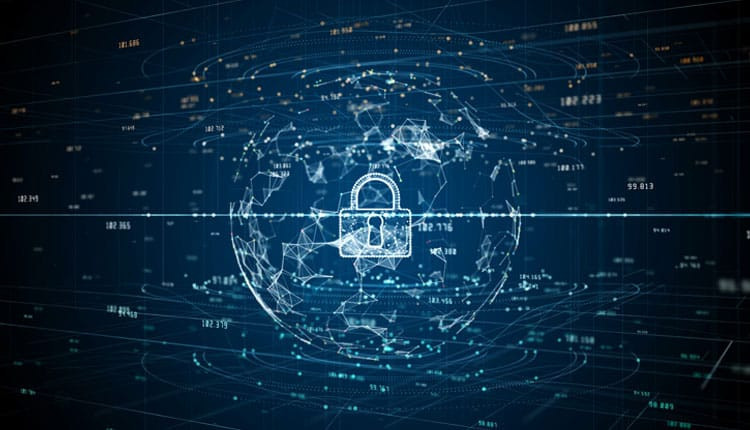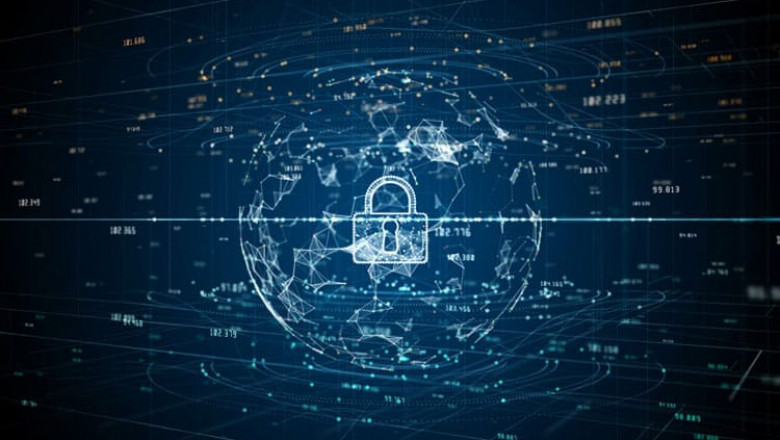views
Introduction
In the digital age, personal data is more vulnerable than ever. Cybersecurity plays a crucial role in protecting sensitive information from cyber threats, ensuring privacy and security for individuals and businesses alike.
Understanding Personal Data Protection
Personal data includes sensitive details such as names, addresses, financial information, and online activity. Cybersecurity measures help safeguard this data from unauthorized access, breaches, and identity theft.
Importance of Cybersecurity in Data Protection
With the rise of cybercrime, robust cybersecurity measures are essential. Protecting personal data prevents financial loss, maintains trust, and ensures compliance with data privacy regulations.
Encryption and Secure Communication
Encryption converts data into unreadable formats, making it difficult for hackers to access. Secure communication protocols like HTTPS and end-to-end encryption protect online interactions and prevent data leaks.
Multi-Factor Authentication (MFA)
MFA adds an extra layer of security by requiring multiple verification steps to access accounts. This prevents unauthorized access even if passwords are compromised.
Firewalls and Antivirus Software
Firewalls block unauthorized network traffic, while antivirus software detects and removes malware. These tools help prevent cyber threats and ensure data security.
The Role of AI in Cybersecurity
AI enhances threat detection by analyzing patterns and identifying anomalies. AI-driven cybersecurity systems respond to threats in real time, minimizing data breaches.
Cyber Threats and Their Impact
-
Phishing Attacks: Cybercriminals trick users into revealing sensitive information.
-
Ransomware: Malicious software locks files until a ransom is paid.
-
Data Breaches: Hackers exploit vulnerabilities to access personal information.
Best Practices for Personal Data Security
-
Use Strong Passwords: Avoid common passwords and use a password manager.
-
Regular Software Updates: Keeping systems updated prevents security vulnerabilities.
-
Avoid Public Wi-Fi: Public networks are vulnerable to hacking attempts.
-
Enable Security Features: Use encryption, firewalls, and MFA for better protection.
Cybersecurity Laws and Regulations
Governments enforce data protection laws such as GDPR and CCPA to regulate how organizations handle personal data. Compliance ensures transparency and accountability in data security practices.
Future of Cybersecurity in Personal Data Protection
Advancements in AI, blockchain, and biometric authentication will strengthen cybersecurity defenses. As cyber threats evolve, continuous improvements in security measures will be necessary to protect personal data.
Conclusion
Cybersecurity is vital in protecting personal data from cyber threats. Implementing strong security measures, staying informed about potential risks, and adopting best practices can ensure data privacy and security in the digital world.















Comments
0 comment